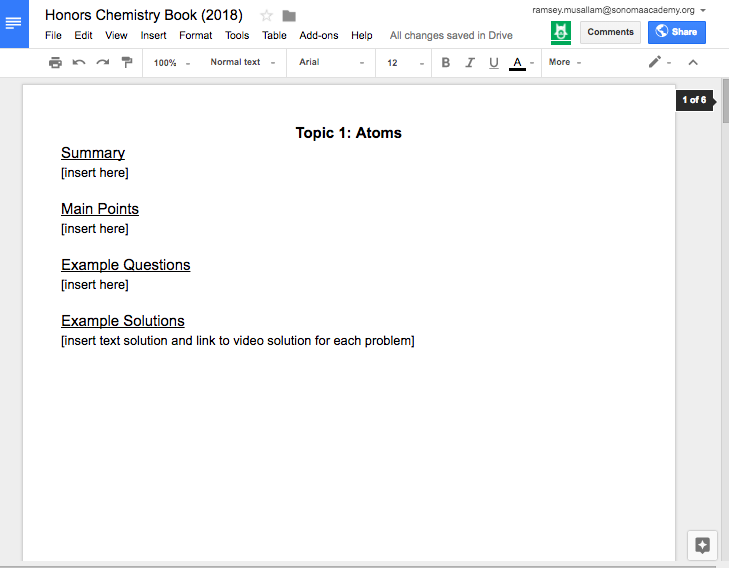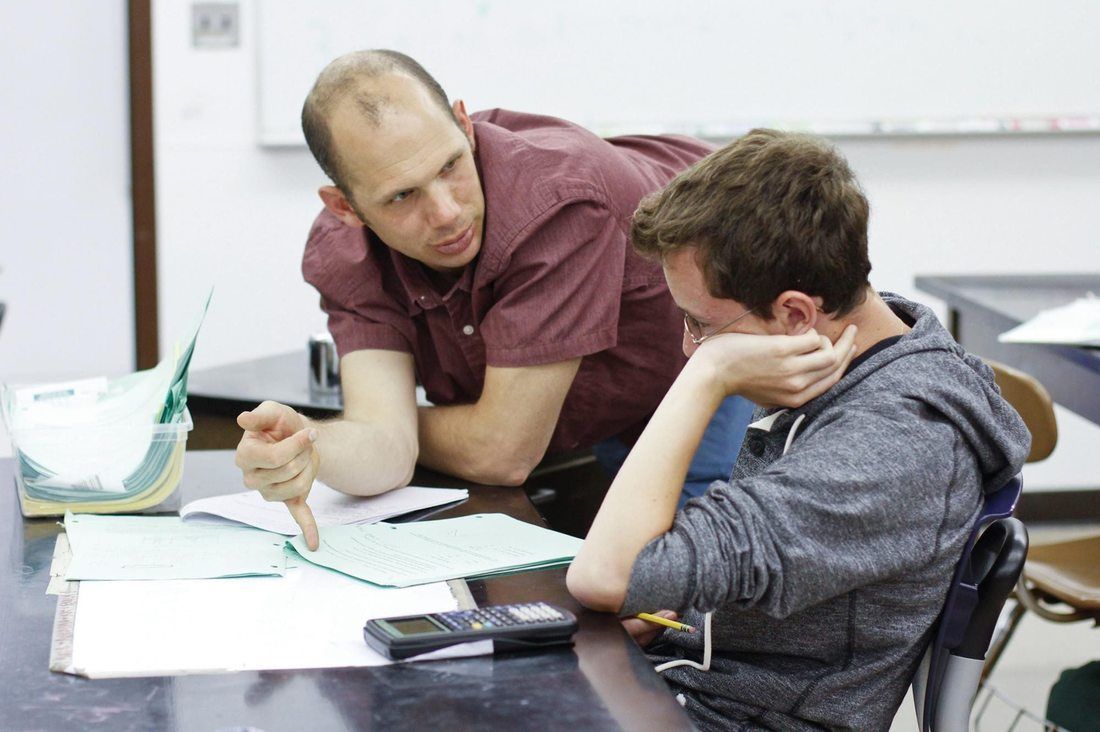|
|
|
After a two-week holiday I, and many of you, go back into the classroom on Monday. During this time I find myself getting up early (like right now) nervous and reflecting on how to, once again, reinvent myself in the classroom. The beauty and the torcher of teaching. #cognitivedissonance.
Below are 5 videos I find myself watching when I need reminders about the teacher I want to be. Some are about research, others remind me to delay direct lecture until students crave more information to fill a gap, while other remind me that simple activities can spark powerful realizations about how the world works.
This video reminds me that cheap tools can have a big impact.
This video reminds me to delay direct instruction until and I spark student curiosity first. This video reminds me of the action research I hope to conduct in my classroom. This video reminds me to encourage myself and my students to find new perspectives. This video reminds me of the type of innovation I want from myself and my students.
I am proud to serve as the Lead Mentor of Sonoma Academy's very first FRC competitive robotics team. In the spirit of FIRST I am sharing our team's website which will contain all team resources, as well as our business plan embedded below. Our treasury team has been working extremely hard on this document and is excited to share their work. If you are a fellow FRC colleague, please use, steal, modify, etc., as you like :). Good luck to all the teams this year!
Because I am completely obsessed with the revising my curriculum each year, I have always struggled with meaningfully integrated a textbook. Past integration efforts (homework, reading, classroom sets, etc.) represents moves I am ashamed of and weak spots in my pedagogy. My efforts weren't wrong per se, but I never invested the time, until now (I hope) over the past 17 years of teaching to critically think about how to integrate a text in meaningful, thoughtful ways. All attempts, to be completely honest, have been out of a fear of not being taken seriously by parents or students. Or, since we are on that topic, take seriously by myself (#impostercomplex). Below is what I plan on doing this year:
Click here to access the template.
Unlike teaching chemistry where I can quickly leverage a myriad of different demonstrations and video clips to generate student inquiry around a topic of study, I find it difficult to do the same thing in my Biology classes. Last year I decided to take a different approach to 9th grade Biology class and leverage my family background in medicine (I come from a family of Doctors, Nurses and Pharmacists) and emphasize medicine, physiology and disease as a way to frame certain topics and build curiosity.
To do this, I strategically wrote various case studies about hypothetical patients presenting specific disease symptoms and challenged my students in groups to diagnose the patients. To my surprise, this activity was extremely well-received, and from my perspective, was just as successful at opening up a window into exploring a specific topics in Biology as a perplexing demonstration or video clip would be in my chemistry class. For example, if we were embarking on a unit of study about metabolism, I would begin with a case study about a patient with Type II Diabetes. Or when we began a unit on genetics, I presented a case study about an individual with Androgen Insensitivity Syndrome. While students researched the symptoms on sites such as WebMD and the MayoClinic, they would stumble upon literature, vocabulary and processes that were, unknowing to them, deeply connected to the subject we would begin investigating in the following days. Below are links to a few case studies completed by students last spring.
|
Categories
All
Archives
March 2024
|


 RSS Feed
RSS Feed